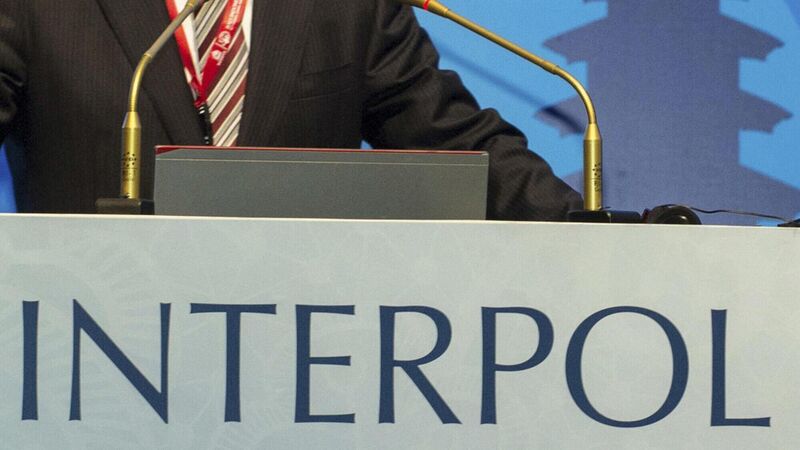Irish Examiner view: Interpol chief controversy damages its international reputation

According to , human rights groups already question Interpol’s governance, saying that authoritarian regimes use it to pursue political targets. File picture: Du Yu/Xinhua via AP
The election of an Emirati general accused of torture as president of Interpol, the global police agency, is a blow to the moral authority of its constituent police and security forces — including An Garda Síochána, as Ireland is one of the founding members of the organisation.
While never proven, there is credible evidence of criminal behaviour perpetrated by Ahmed Nasser Al-Raisi of the United Arab Emirates who has been elected to the post of president for a four-year term.













